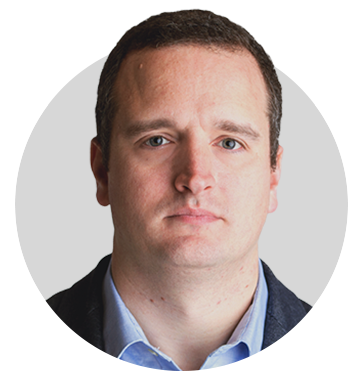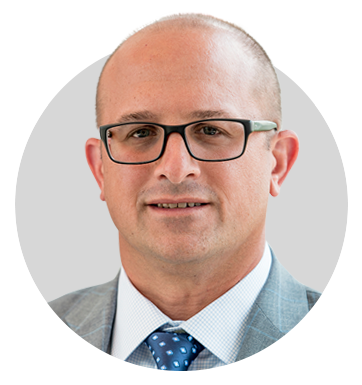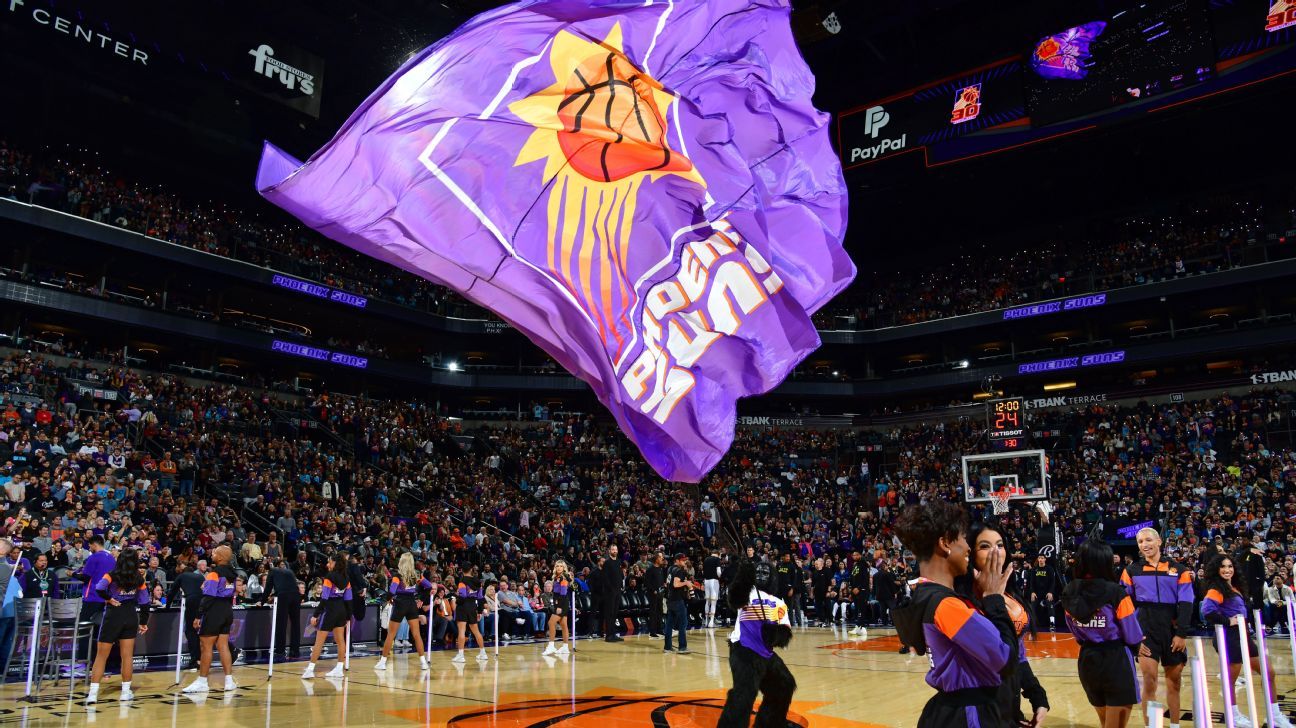Brian Windhorst and a team of ESPN Insiders sort out life and the news from in and around the NBA world.
NBA owners quietly made a move last month that has potentially big ramifications.
A few weeks ago, the Board of Governors approved a rule change that allows sovereign wealth funds to buy stakes in teams in addition to other institutional funds, such as endowments and pension funds, a change first reported by Sportico and confirmed by ESPN.
This opens a door for something not seen in American sports: an arm of a foreign government buying into a league. Such investments are not permitted in other major U.S. leagues — at least not yet.
Under the just-adopted policy, a foreign fund could buy up to 20% of a team and purchase stakes in up to five teams. Any such transaction would be subject to significant vetting, league sources said. Such a situation calls to mind the nine-month approval process the NBA put former Brooklyn Nets owner Mikhail Prokhorov through before he became the first foreign controlling owner in 2009.
The new guidelines restrict sovereign funds, which are broadly found in oil-rich Middle Eastern countries, to so-called “passive” ownership, meaning for now they can’t become controlling owners. This is a significant position change. And it comes on the heels of the NBA taking preseason games to Abu Dhabi for the first time in October, an event that now has a more transparent underlying purpose.
The league also recently opened a brick-and-mortar store in the United Arab Emirates, a relatively small but symbolic choice of expanding the relationship there.
Currently the world sports team market is flooded with expensive properties on offer. The Los Angeles Angels are for sale. American-owned English soccer powerhouses Liverpool FC and Manchester United are for sale. The Washington Commanders are for sale. And, of course, so are the Phoenix Suns.
When these big-brand franchises find buyers in the near future, there is likely going to be a run of record-setting sales. Sovereign funds are seen as possible bidders in one or both English soccer teams. And the NBA is signaling it could follow suit.
With team values potentially reaching historic levels — there is a belief within league leadership a potential Suns sale will break the $3 billion barrier — the reality is there might be a shallower pool of individual buyers at such price points, team sales advisers told ESPN.
There remain some interested billionaires in such a market. There was a group of bidders willing to go to the $4 billion mark on the recently sold Denver Broncos, and none were Amazon CEO Jeff Bezos, who has since been linked to a possible bid for the Commanders. There were also multiple American groups that bid for Chelsea FC, which sold for more than $5 billion to a group led by Los Angeles Dodgers and Los Angeles Lakers co-owner Todd Boehly.
But to keep franchise values on the rise, the NBA knows it might need to look further for deeper-pocketed entities. It’s one of the central mandates for commissioner Adam Silver, who has made seeking new revenue streams a central part of his decadelong tenure.
Silver was a first-mover when it came to the gambling space. He announced a reversal of the NBA’s long-standing position against sports betting in an op-ed in The New York Times more than three years before the Supreme Court ruled to legalize it. He was first among major sports to move to have teams sell jersey patch ads.
And the NBA was first to allow private equity funds to buy into teams. Opening that window in 2020 has led to a shift as dozens of partial team owners liquidated their shares when values jumped. Three NBA-approved funds — Arctos Sports Partners, Dyal Homecourt and Sixth Street — own pieces of seven different teams. Two of the funds, for example, own about a quarter of the Sacramento Kings. Last year, Arctos paid more than $400 million for 8% of the Golden State Warriors, moving its share in the team to 13%.
Now Silver and the NBA are aiming to be the first American league to tap into the ocean of sovereign wealth, a segment that has hugely increased the values of European soccer clubs.
The funds from the Middle East have been pouring billions into soccer teams for roughly the past 15 years. Abu Dhabi was the leader, bankrolling the 2008 purchase of English club Manchester City behind royal family member Sheikh Mansour bin Zayed Al Nahyan. Sovereign wealth funds and their various subsidies have been buying shares of teams across the continent ever since the Qatari Royal Family’s purchase of Paris soccer giant PSG in 2011.
In the past year, Saudi Arabia’s Public Investment Fund has poured hundreds of millions into buying English club Newcastle United and backing LIV Golf, which pulled some of the world’s best players off the PGA Tour with massive guarantees. Now, the Saudis are reportedly chasing the 2030 World Cup.
The Qatari Investment Authority is deeply involved in global soccer ownership and funded the current hosting of the World Cup. The Kuwait Investment Authority and Mumtalakat Holding Company, Bahrain’s sovereign wealth fund, also have sports investments and have been rumored to be looking for more.
Currently there are no sales to sovereign funds that the league has under review, sources said. But the league and its owners aren’t doing this in a vacuum, they have a reason.
Dealing with pension funds and endowments isn’t new territory. The Ontario Teachers Pension Plan was the primary owner of the Toronto Raptors for 14 years, and the team is now primarily owned by two media companies. The New York Knicks, Atlanta Hawks and Philadelphia 76ers were owned by corporations (the Knicks still are, though owned by MSG Sports, which is controlled by the Dolan family).
Whether this is the beginning of a new era in NBA ownership, as it certainly was in European football, isn’t possible to ascertain now. But there’s no question this step is opening opportunities to a new world of nearly endless money.

NBA reporter Tim Bontemps catches up with the Miami Heat, who are oozing confidence despite their place in the standings:
Erik Spoelstra: ‘Our record is probably deceiving’
The Heat are two games under .500 following Monday’s 101-93 loss to the shorthanded Memphis Grizzlies. But it isn’t felt it in the locker room, where confidence remains.
Last season the Heat were doubted for much of the year, even as they sat at the top of the East standings, and were considered underdogs all the way until the last moments of Game 7 of the conference finals when only a missed Jimmy Butler 3-pointer kept them from the Finals.
So judgment of their sluggish start isn’t sticking.
“You got to think about it,” Heat center Bam Adebayo said with a smirk. “We were No. 1 in the East [last season], and people didn’t even pay us any mind.
“Then being where we’re at now, they’re definitely not talking about us.”
The “now” Adebayo was referring to was an hour after Miami pulled off an overtime victory over the defending Eastern Conference champion Boston Celtics last Friday. Regardless of some up-and-down play so far, there was belief emanating from the Heat after that statement win.
“We never lost confidence in this group, in ourselves,” Butler said. “We know what we’re capable of. We just have to go out and prove it. We’re not worried about anybody else, just the guys in our locker room and coaching staff, ownership, management. We have a long way to go, but we can get there.”
None of this is to say this Heat team is perfectly built. Caleb Martin (6-foot-5) has carved out a solid career for himself, but being deployed as Miami’s starting power forward has left the Heat vulnerable to size upfront.
They’ve quietly been hurt by the loss of big man Omer Yurtseven, forcing Dewayne Dedmon into a much bigger role. Victor Oladipo, whom the Heat believed was healthy enough to give a one-year, $11 million deal to last summer, has yet to play in a game because of injury.
Butler missed seven games because of knee soreness before returning for Friday’s win, Lowry has had to take on a massive minutes load, and the Heat still haven’t successfully replaced P.J. Tucker.
And, for those who doubt this team has what it takes to be a factor, look no further than Monday night. After having two days off between games, and with Memphis missing Ja Morant, Desmond Bane, Jaren Jackson Jr. and John Konchar, among others — the Heat got handled by the Grizzlies in what was far from the kind of follow-up Miami wanted.
But there are reasons Miami has consistently won with rotating casts of characters for more than a quarter century. It still has team president Pat Riley. It still has coach Erik Spoelstra. It still has Butler, Adebayo, a resurgent Lowry and Tyler Herro — a quartet Spoelstra has dubbed Miami’s “big four.”
And, after their projected starting lineup took the court together for just the eighth time this season Friday in Boston, the Heat still have the internal belief that, if they’re healthy come playoff time, they can go toe-to-toe with anyone.
“Our record is probably deceiving to everybody on the outside,” Spoelstra said. “[But] we have something good going on.”

Here is Warriors reporter Kendra Andrews on the team’s surprising two-way savior:
In like a lion, balling out like a Lamb
Anthony Lamb didn’t make the preseason trip to Japan with the Warriors. He didn’t even know he had made the team until a couple of days before the season, when he signed his fourth two-way contract in less than two years.
But when the Warriors were looking for solutions for their early-season sputter — which saw them start the season 3-7 — Lamb became an unexpected yet essential part of the defending champs’ roster. The undrafted wing out of Vermont has since become one of the league’s best early-season stories.
Coach Steve Kerr went to Lamb, at first, out of necessity. Klay Thompson and Draymond Green were on minutes restrictions and then, three games into the season, Donte DiVincenzo was sidelined by a hamstring injury that kept him out eight games.
The Warriors’ bench needed someone to fill the minutes. But the second unit as a whole was struggling. It couldn’t keep any lead the starting unit — which was putting up league-best numbers — gave it. Golden State’s three lottery picks (James Wiseman, Jonathan Kuminga and Moses Moody) were making too many mistakes. So Kerr looked further down the bench to the stout 6-foot-6, 230-pound Lamb.
“Our circumstances have called for Lamb’s skill set,” Kerr said. “It’s his feel, his spatial awareness, his strength — he’s got a lot of girth, the ability to withstand force from big guys but still stay in front of guards. He’s a versatile player, a quick 3-point shooter. He does a lot of things well that contribute to winning.”
Lamb is a mainstay in the Warriors’ rotation now, and has contributed to their 10-4 (WILL UPDATE) record since that three-win start. But here’s where it gets more complicated.
Now 25 games into the season, Lamb has played in 17. He has just 50 possible games to play under two-way-deal rules. If he continues to play well, the Warriors might have to convert his contract.
They have one standard roster spot open and even $961,000 of their midlevel exception they could use to sign him to a multiyear deal if they wanted, though it would wallop them with potentially millions more in luxury taxes.
“I’m not going to get down on myself and be stuck [thinking about that] because I know if I waste the next minute, I’ll spiral,” Lamb said.
Neither will the Warriors, who will most likely wait until after the February trade deadline and buyout market to decide their next step with their surprise 24-year-old wing.
“We’re aware [of Lamb’s game count],” Kerr said. “He’s found a good place here and has a good future with the team, but we’ve got to navigate the two-way stuff. … We’re going to probably have to steal some games where he doesn’t suit up and keep them saved for later on.”

Front-office insider Bobby Marks knows how humbling the job is, and the Chicago Bulls are feeling it now:
At a crossroads in Chi-town
The Bulls are proof that building a roster is humbling.
Chicago was one of the big winners of the 2021 offseason. Instead of using salary-cap space to renegotiate Zach LaVine‘s expiring contract, the Bulls’ front office got creative, using complicated sign-and-trades to remake the roster.
They first added Lonzo Ball from the New Orleans Pelicans and then DeMar DeRozan from the San Antonio Spurs. Three months earlier, All-Star Nikola Vucevic was traded from the Orlando Magic.
The cost was steep. Three first-round picks (one that turned into Orlando’s Franz Wagner), three second-round picks and starting center Wendell Carter Jr. The Bulls also would forfeit a 2022 second-rounder acquired from the Denver Nuggets as a result of the Ball tampering investigation.
The cost to acquire all three players and the aggressiveness from the front office were initially validated. Chicago jumped out to a 17-9 start in 2021-22 and had a conference-best 39-21 record in late February.
Then the Bulls reverted to a lottery team. The injuries to Ball and Alex Caruso in late January caught up, and a team with a defensive identity in the first half of the season was suddenly lost.
They limped to the finish line, losing 15 of the remaining 22 games and eventually get knocked out of the first round by the Milwaukee Bucks in five games.
As for this season? The Bulls are 9-14 and flirting with the bottom of the Eastern Conference.
After going all-in less than 20 months ago, Chicago is at a crossroads with its roster, this time with limited options on how to improve it.
LaVine signed a five-year, $215 million contract and hasn’t replicated his All-Star play from last season. Ball has not played since Jan. 14 with an unknown timetable to return. Lottery pick Patrick Williams has gone from a surefire starter to coming off the bench.
The earliest the Bulls can trade their own first-round pick is in 2027, but that’s only if first-rounders in 2023 (top-four protected) and 2025 (top-10 protected) are conveyed to Orlando and San Antonio, respectively.
The Bulls have a first from Portland, but that pick is top-14 protected over the next six years. They have one second-round pick available to trade — in 2029.
Chicago is $1.7 million below the luxury tax this season, and it is unlikely ownership will go into the tax for a fringe playoff team. Next year, the Bulls are likely over the salary cap.
It has led some to wonder if the team would consider gauging the trade market for DeRozan and Vucevic. But Vucevic is set to become a free agent, and moving off the team’s best player in DeRozan would signal a step back.
There are no easy conclusions, except for one: Building a roster is humbling.
